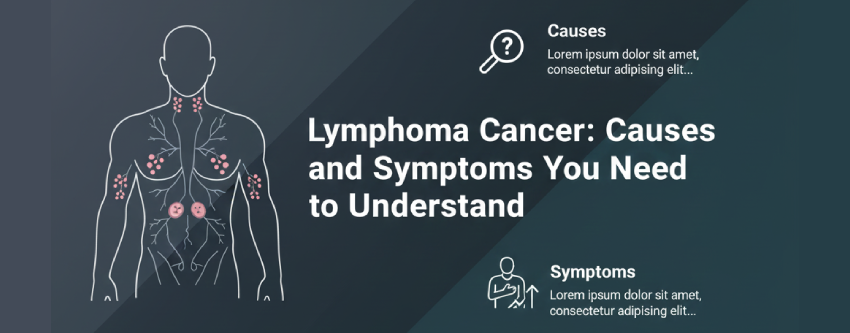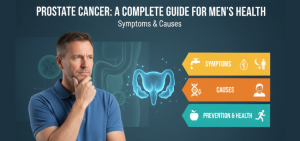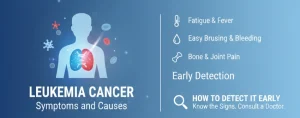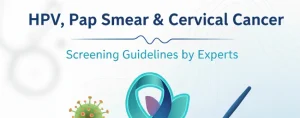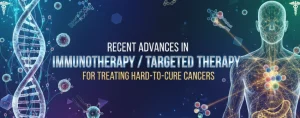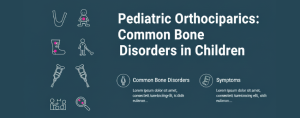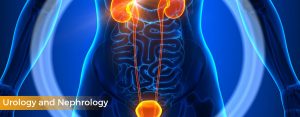Introduction
Lymphoma is a type of cancer that begins in the lymphatic system, an essential part of the body’s immune defense. It occurs when lymphocytes, a type of white blood cell, grow uncontrollably and form tumours in lymph nodes or other parts of the body.
Like many cancers, lymphoma may not show symptoms in its earliest stages. However, timely recognition and diagnosis can significantly improve treatment success and quality of life. By learning how to identify symptoms and understanding the possible causes, individuals can take proactive steps toward better health.
This guide explains lymphoma cancer symptoms and causes in detail, along with risk factors and the importance of early detection. At Venkateshwar Hospitals, our team of oncology specialists is committed to providing expert cancer care with compassion and advanced treatment options.
What is Lymphoma Cancer?
Lymphoma is a cancer that affects lymphocytes, which are vital cells in the immune system. These cells normally help fight infections, but when they become cancerous, they multiply abnormally and interfere with the body’s defense mechanisms.
There are two main types:
- Hodgkin’s lymphoma (HL): Characterised by Reed-Sternberg cells and often found in younger adults.
- Non-Hodgkin’s lymphoma (NHL): The more common type, with multiple subtypes that differ in progression and severity.
Globally, lymphoma accounts for nearly 3% of all cancers. In India, non-Hodgkin’s lymphoma is among the top ten cancers affecting men.
Lymphoma Cancer Symptoms
Brain tumour symptoms can vary depending on the tumour’s size and location, but many follow consistent patterns.
Common Symptoms
- Swollen lymph nodes: Painless swelling in the neck, armpits or groin is one of the most common early signs.
- Persistent fatigue: Ongoing tiredness not relieved by rest.
- Night sweats: Profuse sweating during sleep, often soaking clothes or sheets.
- Fever and chills: Recurring fevers without obvious infection.
- Unexplained weight loss: Rapid weight loss without dietary changes or exercise.
Less Common Symptoms
- Shortness of breath or chest pain: When enlarged lymph nodes press against the chest cavity.
- Itchy skin: Persistent itching without rash or allergy.
- Abdominal pain or swelling: Enlarged lymph nodes or spleen may cause discomfort or bloating.
When to See a Doctor
Anyone experiencing persistent lymph node swelling, unexplained fevers, or ongoing fatigue should seek medical attention. Early diagnosis allows for more effective treatment. At Venkateshwar Hospitals, cancer specialists provide advanced diagnostic services and comprehensive care for lymphoma patients.
Lymphoma Cancer Causes
Lymphoma cancer causes are not always clear, but researchers have identified factors that may increase the risk.
What Causes Lymphoma?
Lymphoma develops when lymphocytes undergo mutations in their DNA. These changes disrupt normal cell growth, leading to uncontrolled multiplication and tumour formation in the lymphatic system.
Key Risk Factors
- Weakened immune system: People with HIV, those on long-term immunosuppressive drugs, or transplant patients are at higher risk.
- Age: Hodgkin’s lymphoma is more common in young adults aged 15–40, while non-Hodgkin’s lymphoma often affects individuals over 55.
- Family history: Having a close relative with lymphoma increases susceptibility.
- Exposure to chemicals or radiation: Long-term exposure may damage immune cells.
- Autoimmune diseases: Conditions like rheumatoid arthritis and lupus have been linked to higher risk.
Types of Lymphoma
- Hodgkin’s Lymphoma (HL): Less common but highly treatable. Defined by the presence of Reed-Sternberg cells, it often affects young adults and responds well to early treatment.
- Non-Hodgkin’s Lymphoma (NHL): More widespread and varied, with multiple subtypes ranging from slow-growing to aggressive forms. Prognosis depends on the specific subtype and stage at diagnosis.
Early Detection & Diagnosis
Detecting lymphoma early makes treatment more effective. Doctors use several tools for diagnosis, including:
- Physical exams and blood tests: Checking for swollen nodes and abnormal blood counts.
- Biopsy of lymph nodes: Examining tissue samples to confirm diagnosis.
- Imaging tests: CT and PET scans help determine the extent of disease spread.
Timely consultation with a cancer specialist is critical to beginning treatment at the right stage.
Why Early Awareness Matters
Delaying diagnosis allows lymphoma to progress into more aggressive stages, which can complicate treatment. Early awareness helps patients start therapies sooner, improving survival rates and quality of life.
At Venkateshwar Hospitals, early screening and access to advanced oncology care ensure patients receive the right treatment at the right time.
Conclusion
Lymphoma is a complex disease, but awareness of its symptoms and causes is the first step toward timely intervention. Recognising swollen lymph nodes, night sweats, or unexplained weight loss can help in seeking medical advice without delay.
For expert cancer diagnosis and treatment, visit Venkateshwar Hospitals, where advanced technology meets compassionate care. Regular health check-ups remain a vital part of cancer prevention and early detection.
Frequently Asked Questions
1. What are the first warning signs of lymphoma cancer?
Painless swelling of lymph nodes, night sweats, and unexplained weight loss are common early signs.
2. Can lymphoma cancer be cured?
Yes, many types of lymphoma are treatable and curable, especially when detected early.
3. Is lymphoma hereditary?
Most cases are not hereditary, but family history may slightly increase risk.
4. What is the difference between Hodgkin’s and Non-Hodgkin’s lymphoma?
Hodgkin’s lymphoma involves Reed-Sternberg cells, while non-Hodgkin’s includes multiple subtypes with varied progression.
5. Who is at the highest risk of developing lymphoma?
People with weakened immune systems, older adults, and those exposed to radiation or certain chemicals face higher risks.
Medically Reviewed by — Dr. Chitresh Yadav ( Consultant – Haemato Oncology & Bone Marrow Transplant )
